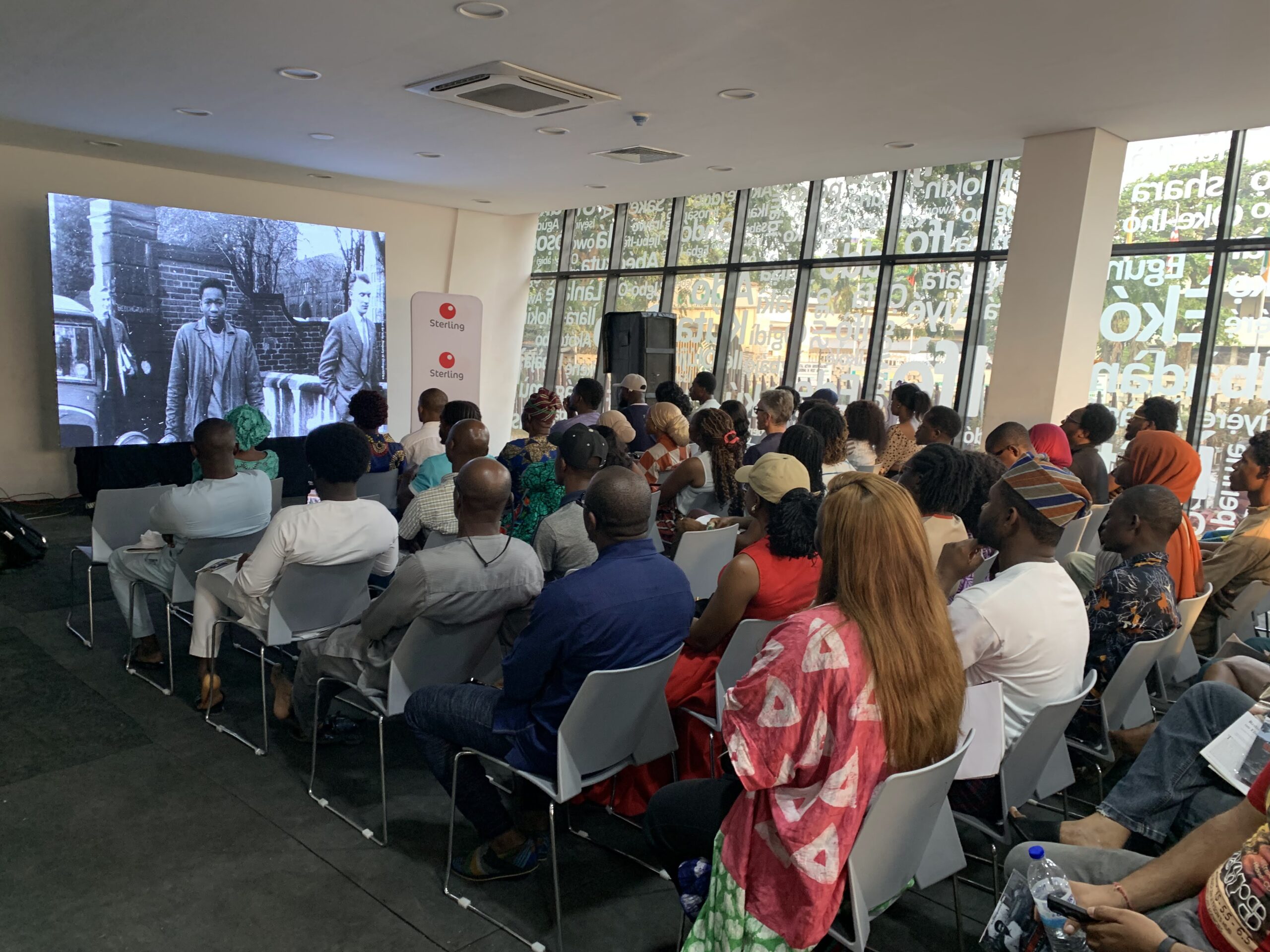
“Ebrohimie Road” Screens at Randle Centre
On December 29, 2024, OlongoAfrica hosted a highly anticipated holiday screening of Ebrohimie Road: A Museum of Memory at the J.Randle Centre in Onikan, Lagos. The film, which premiered in July 2024 as part of events to mark Wole Soyinka’s 90th birthday has had a global tour, screening in London, Mexico, and parts of the United States. This third Lagos screening was generously sponsored by Sterling Bank (there were two earlier screenings in July at Alliance Francaise and MUSON Centre). The event drew a full house, with attendees eager to engage with the film’s expansive foray into Nobel Laureate Wọlé Ṣóyínká’s life and legacy.
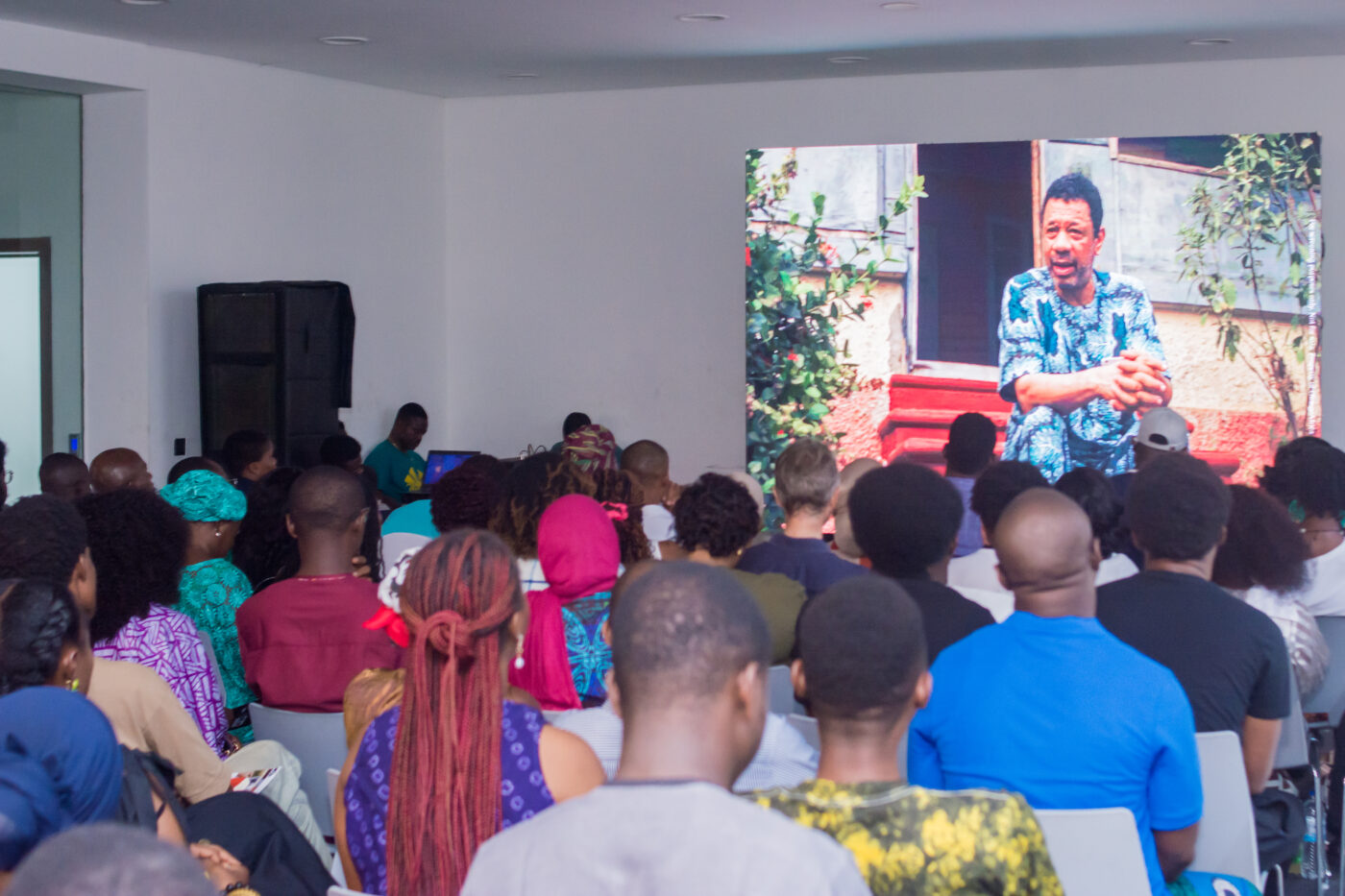
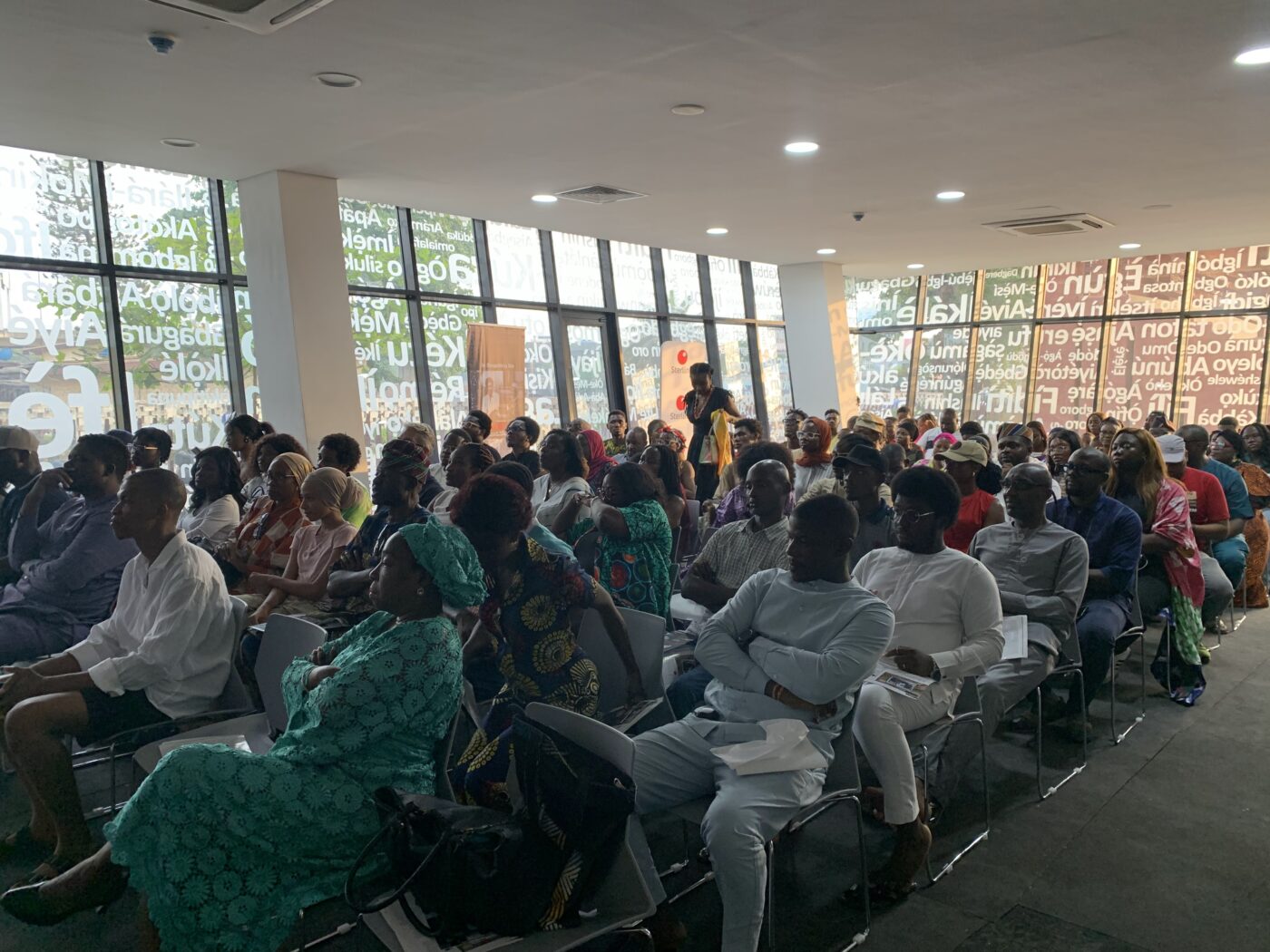
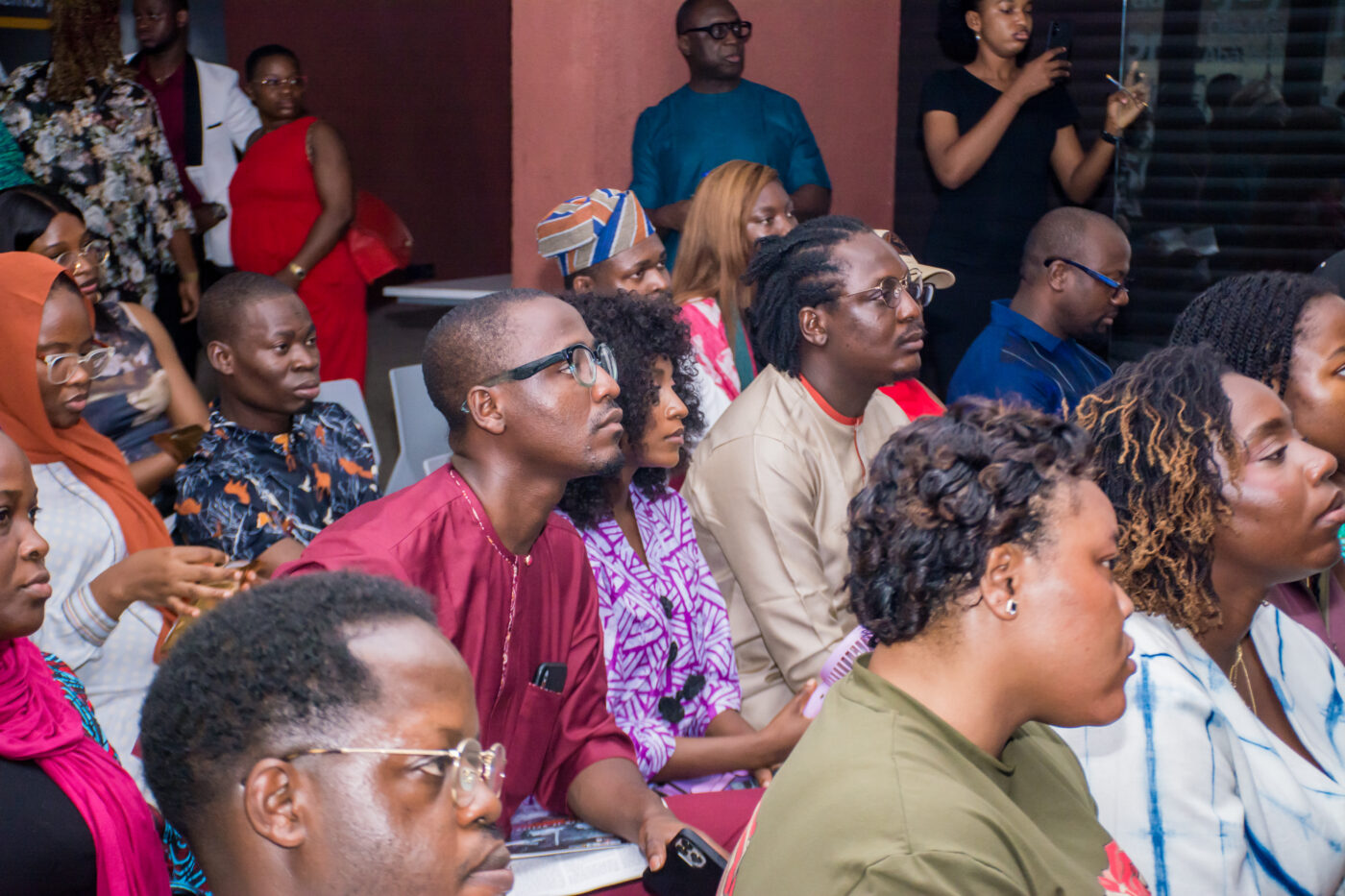
The evening commenced with a warm welcome from the organizers, who expressed gratitude for the community’s support and highlighted how significant the documentary is in preserving Nigerian cultural legacy, especially in a country where archiving is still very poorly managed. The audience, comprising literature enthusiasts, academics, students, and cultural patrons, settled into the venue’s inviting ambiance, enhanced by thoughtful lighting and décor that paid homage to the film’s themes.
Ebrohimie Road, directed by Kọ́lá Túbọ̀sún with cinematography by Tunde Kelani, investigates Ṣóyínká’s early years at the University of Ìbàdàn, his activism and consequent imprisonment during the Nigerian Civil War, and the transformation of his campus residence into a symbol of national memory. The film’s compelling narrative and rich visual storytelling captivated the audience, creating moments of reflection and admiration. The J. Randle Centre for Yorùbá History was also an appropriate venue for the film, because it houses some of Ṣóyínká’s carvings collection.
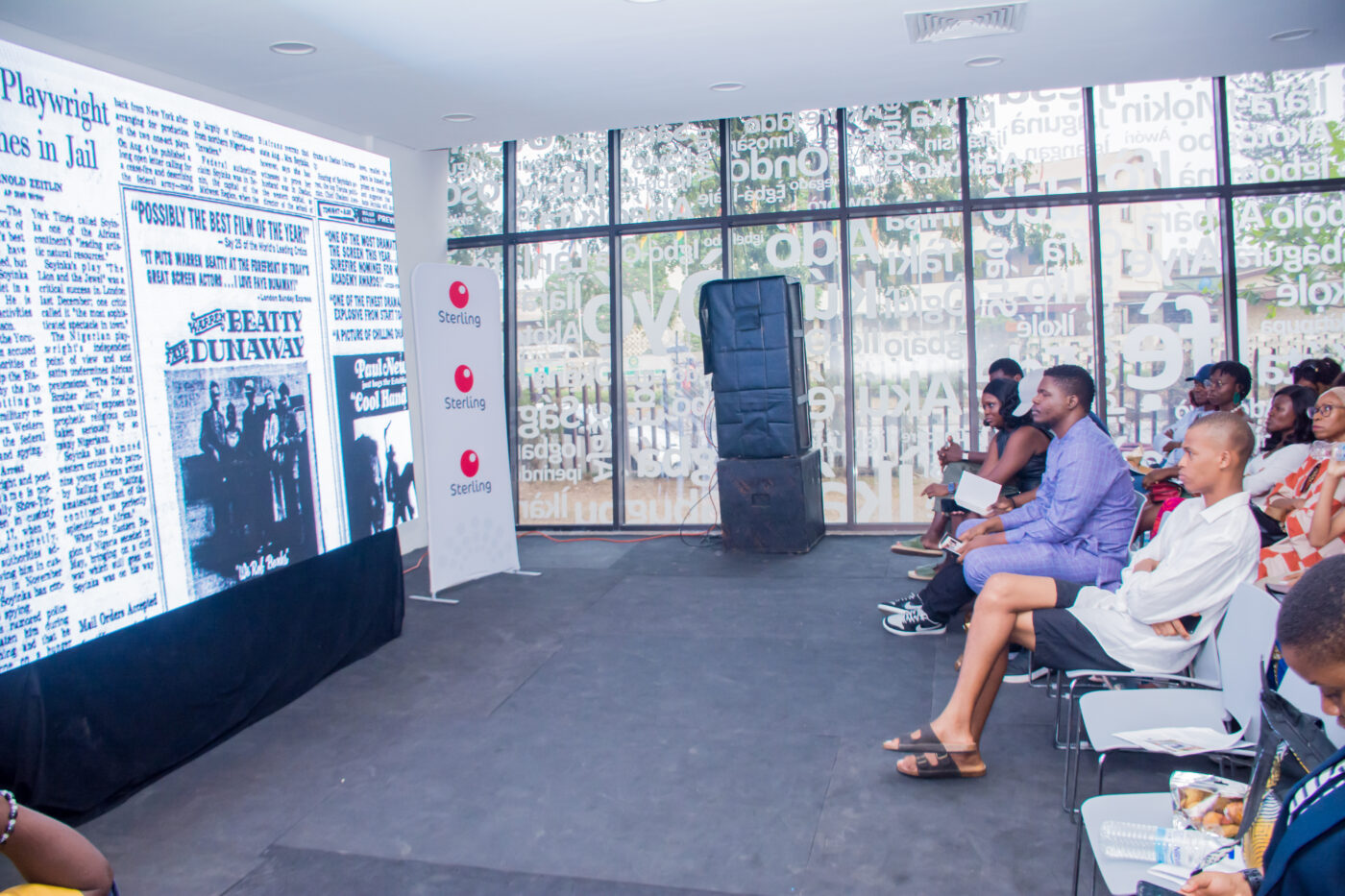
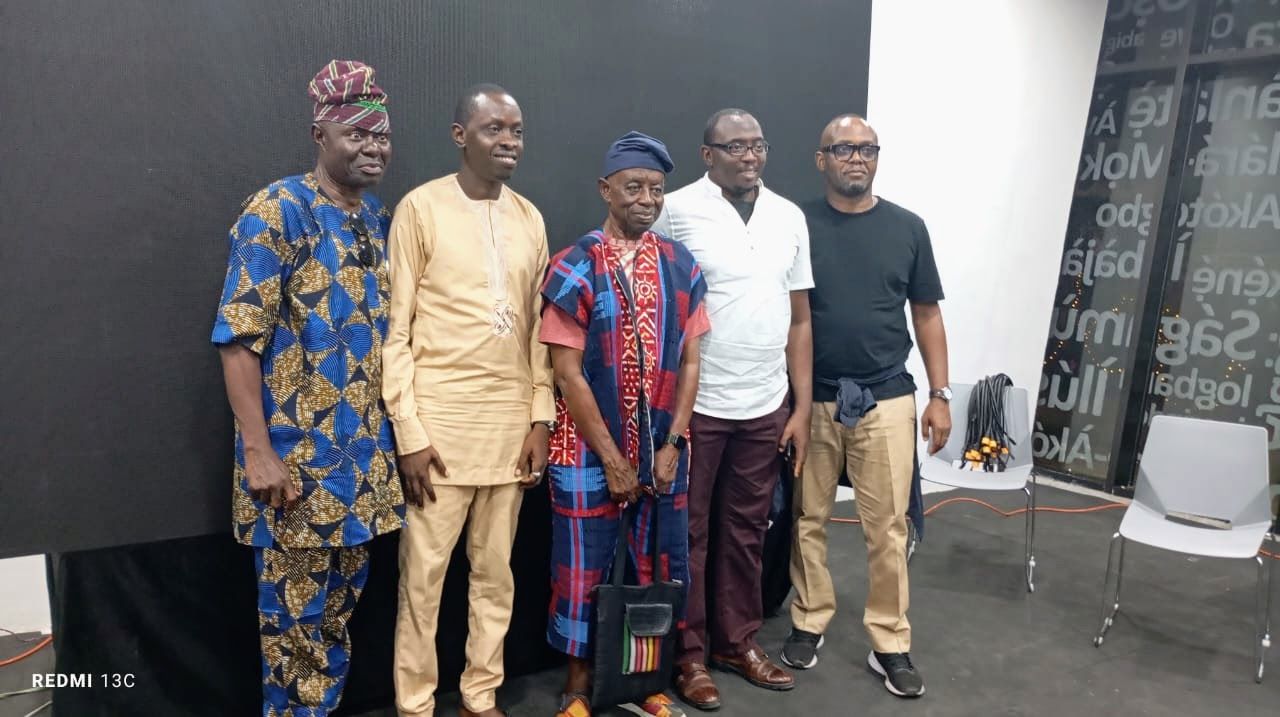
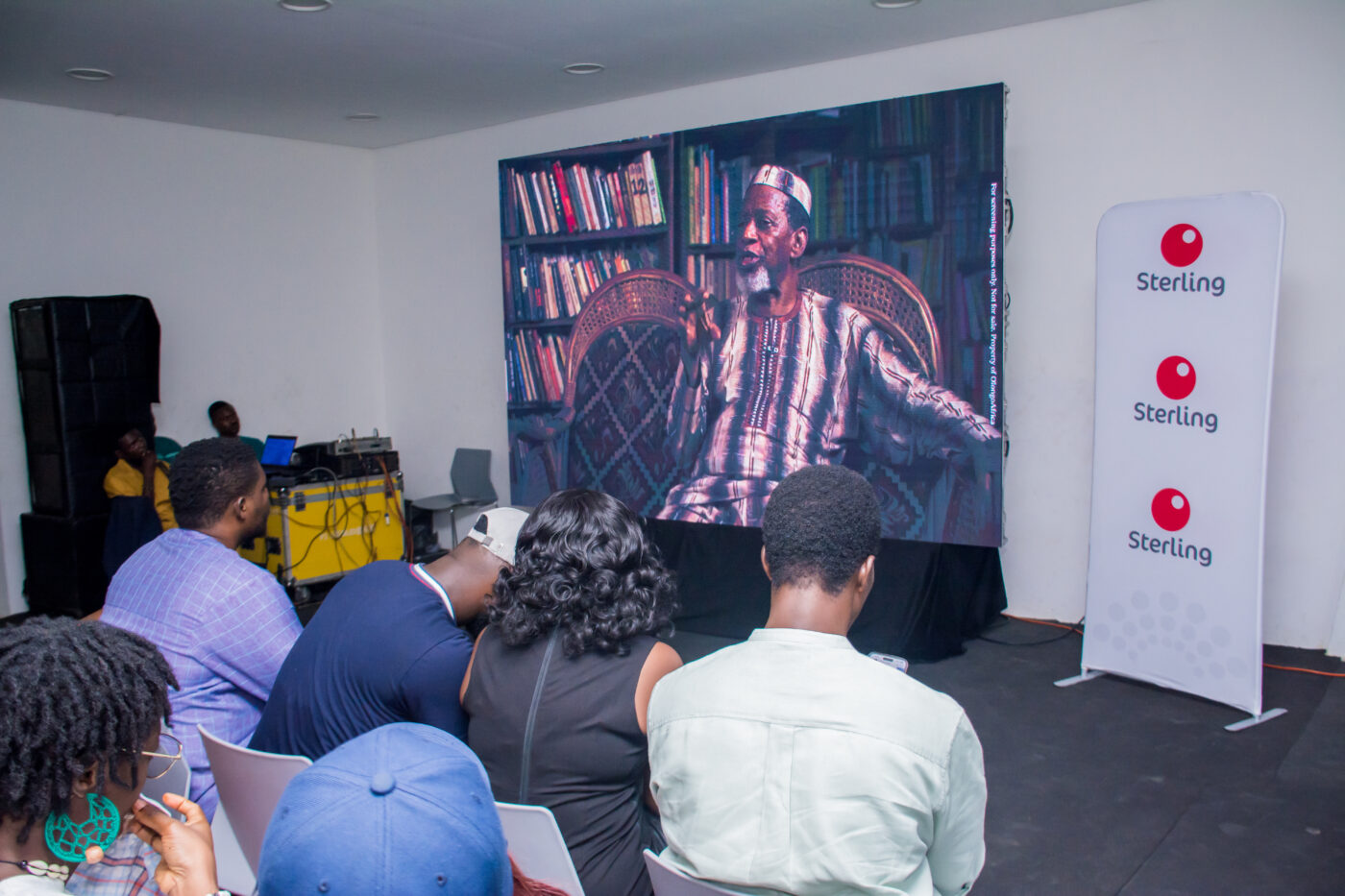
Following the screening, an engaging Q&A session was moderated by cultural critic Dèjì Tóyè, with insights from cinematographer Tunde Kelani. The discussion provided an in-depth look into the creative process behind the documentary, with Kelani sharing his inspiration for visually translating the intersection of personal and national histories. Discussions also explored the challenges of documenting historical narratives in Nigeria, the importance of preserving sites of cultural significance like the Ebrohimie Road bungalow, and the role of film in fostering national memory.
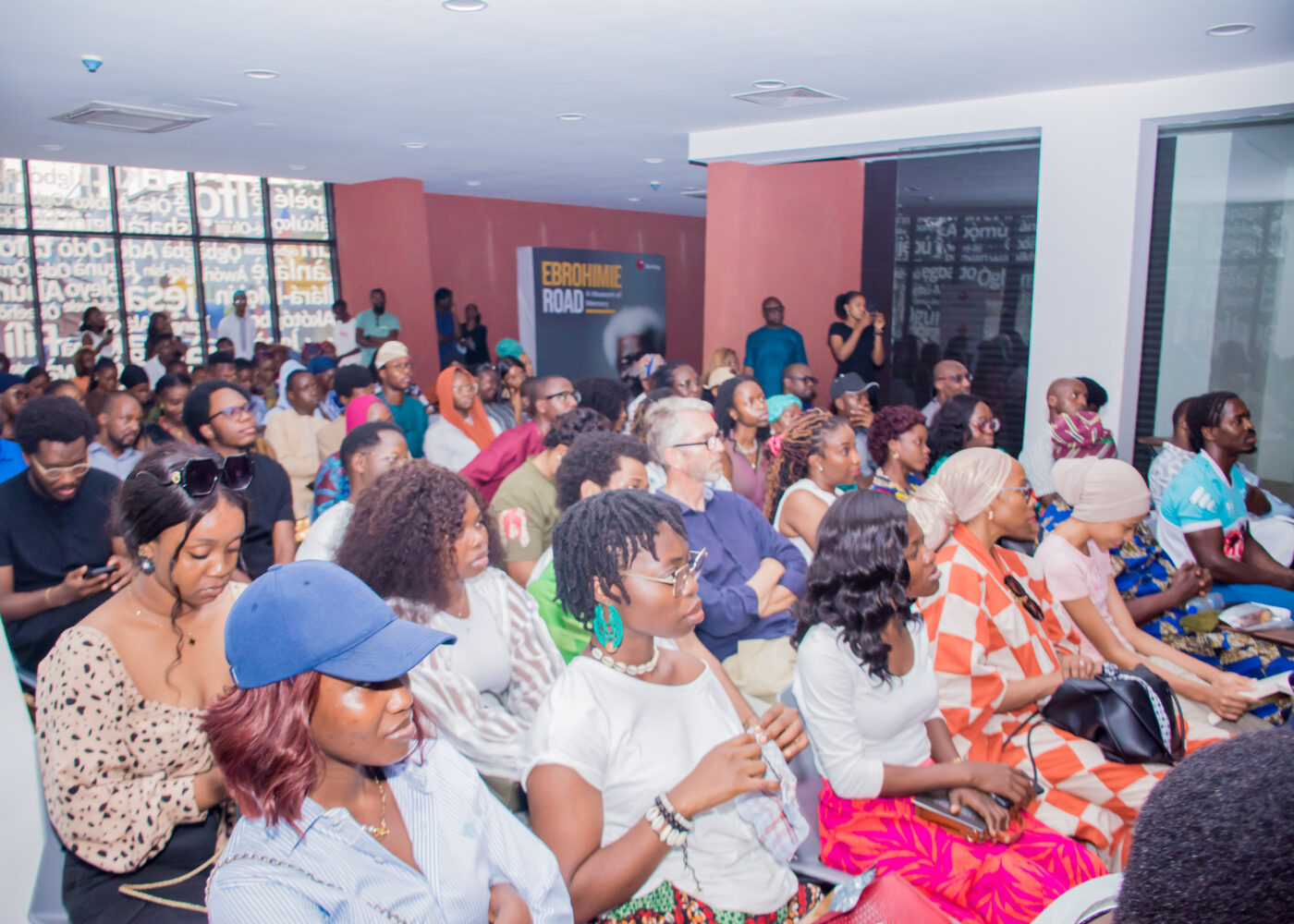
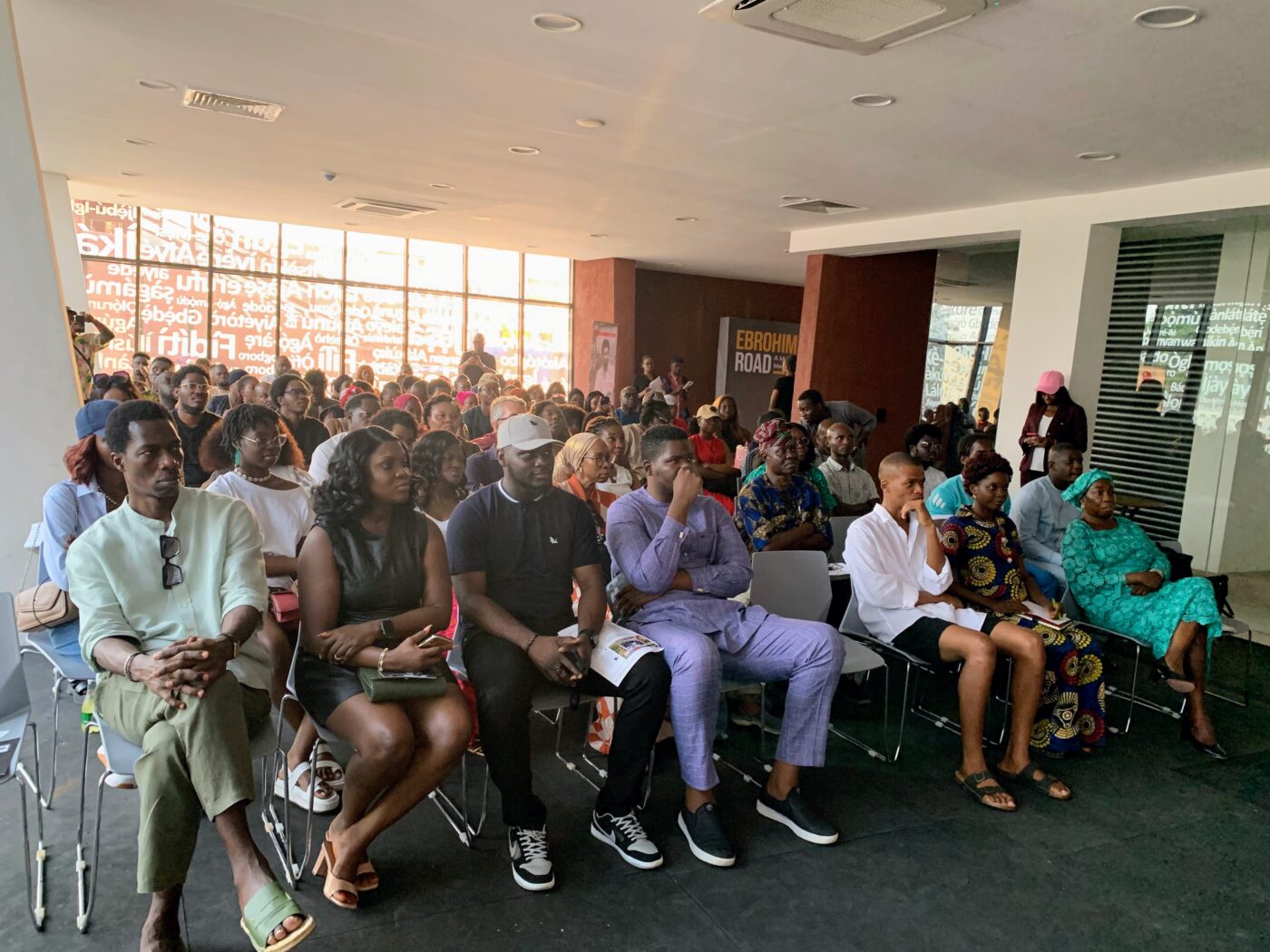
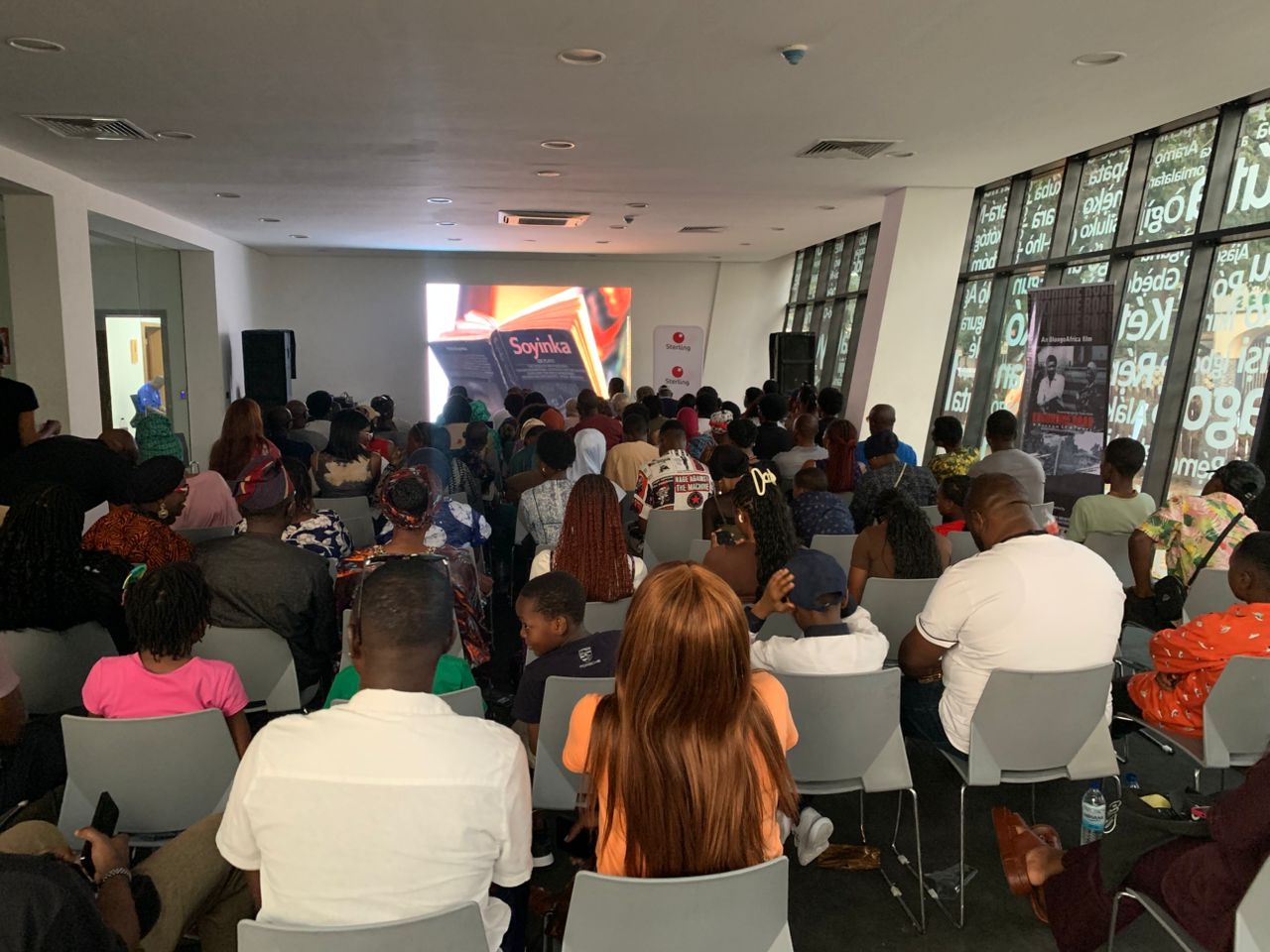
Audience members actively participated, posing questions about the film’s production, the selection of archival materials, and the broader implications of Ṣóyínká’s legacy in contemporary society. The dialogue engineered a more comprehensive understanding of the documentary’s themes, particularly its commitment to cultural preservation.
The event concluded with a networking reception, where attendees discussed the film over light refreshments and took pictures. The atmosphere was one of camaraderie and shared appreciation for Nigerian arts and history as guests expressed their gratitude to OlongoAfrica and Sterling Bank for creating a meaningful cultural experience.
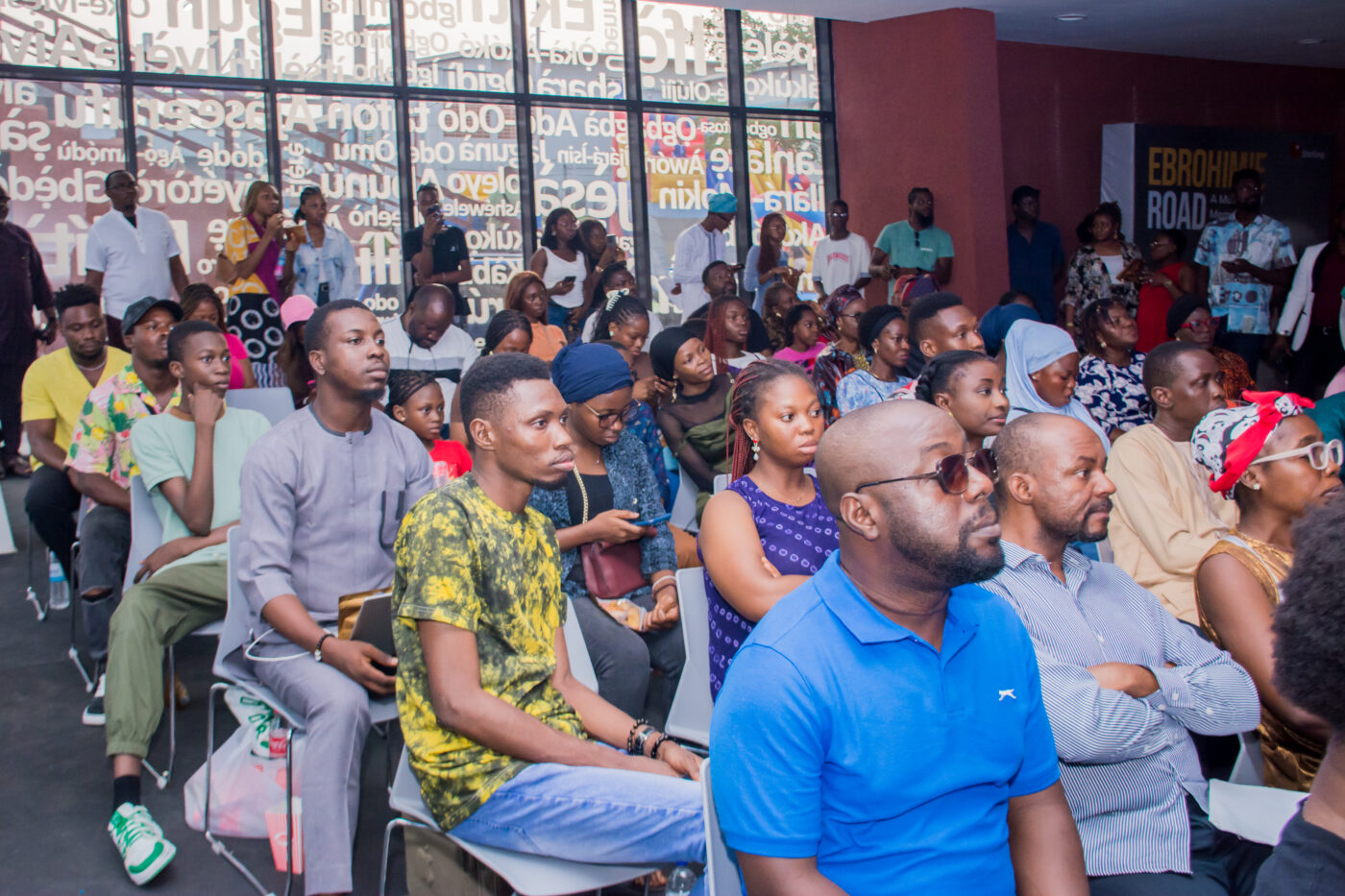
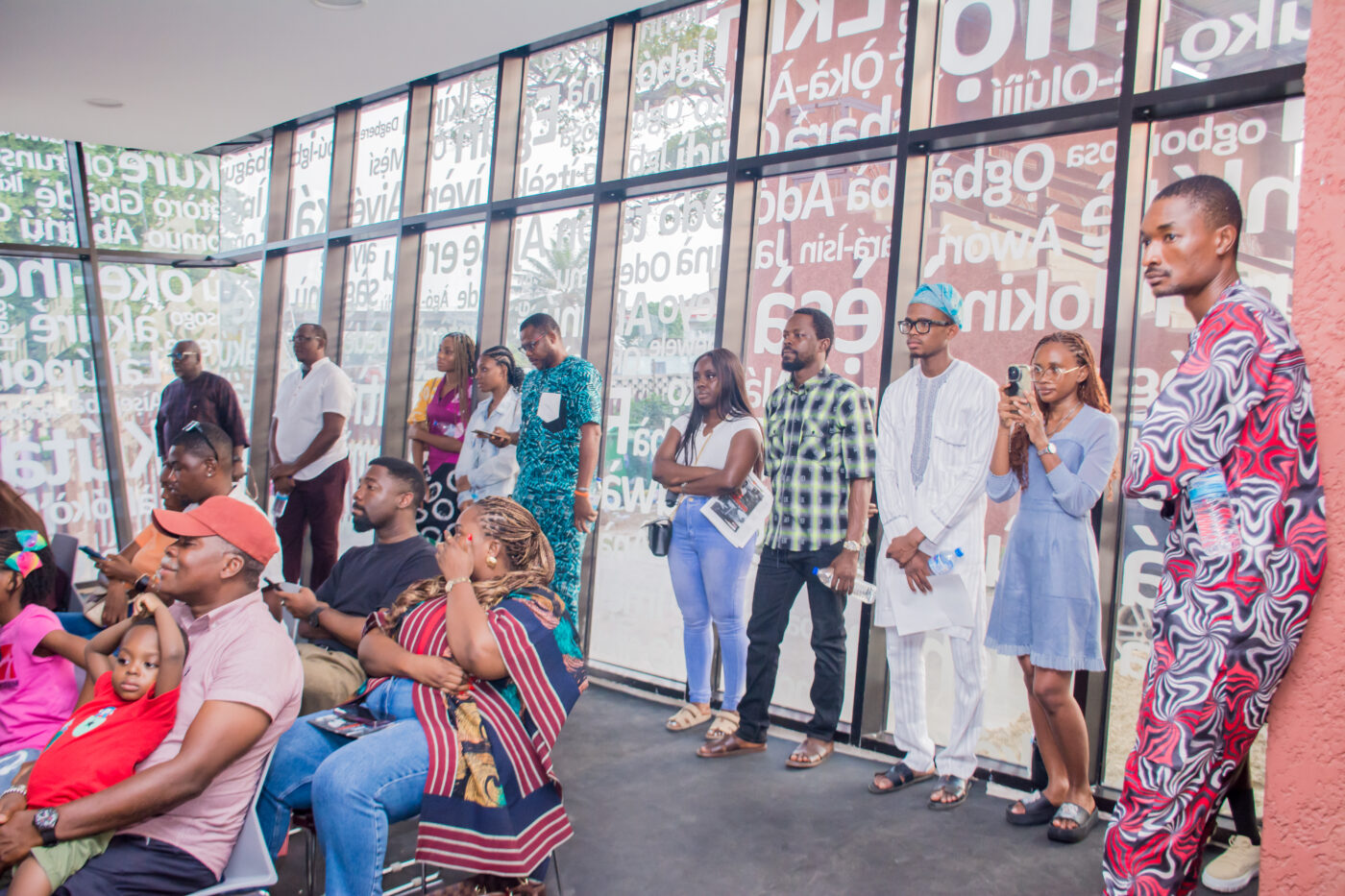
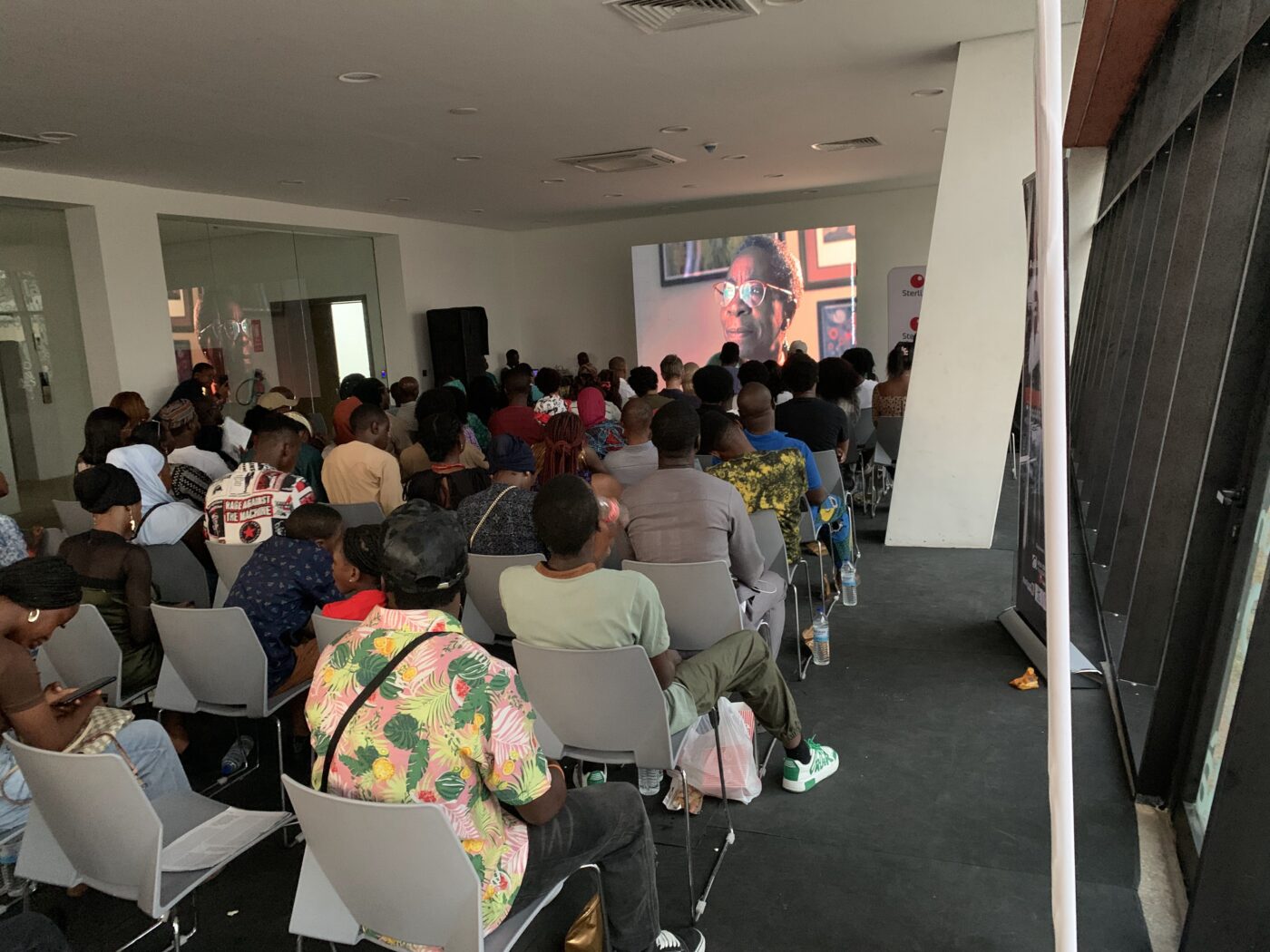
The success of the holiday screening of Ebrohimie Road not only highlighted the documentary’s impact but also reinforced the vital role of collaboration in promoting and preserving Nigeria’s rich cultural narratives. The event stands as a testament to the power of storytelling in bridging past and present, inspiring future generations to value and uphold their heritage.
The full video of Q&A is here:
Ebrohimie Road was last screened at the University of Kansas on November 11, 2024, at Art at 967 Payne in St. Paul Minneapolis on December 13, 2024, and at Fadaka Festival in Ibadan on December 26, 2024. More screenings are planned for 2025. You can see a full list and future schedules at ebrohimie.olongoafrica.com.
